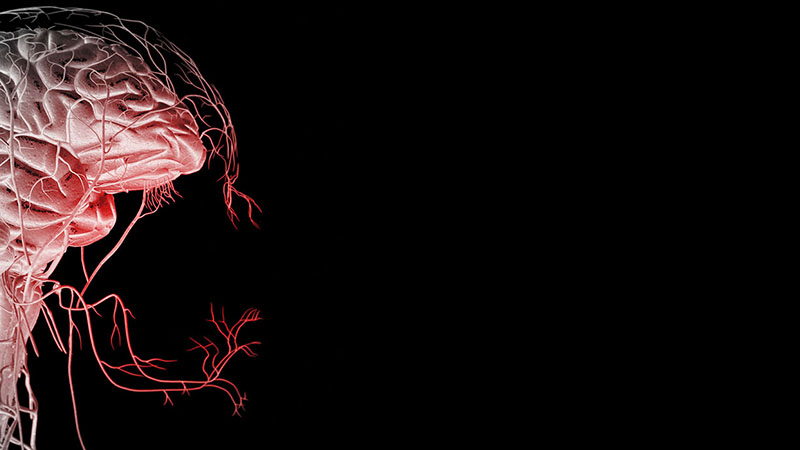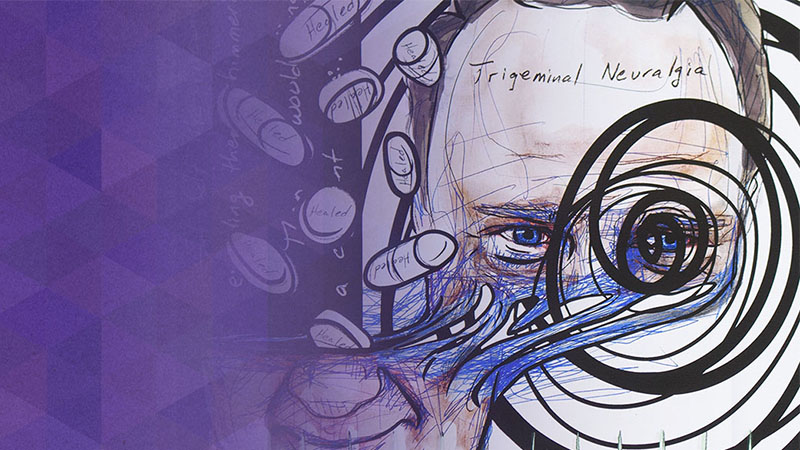Overview
What Are Neuromuscular Disorders?
Neuromuscular disorders are diseases that affect the nerves controlling your voluntary muscles. When your nerve cells become diseased, the messages they send to your muscles fail. That can lead to muscle weakness, twitching, pain and difficulty with movement.
The Northwestern Medicine Neurosciences team* treats a wide range of neuromuscular disorders, including these common conditions:
- Carpal tunnel syndrome: Compression of the median nerve at the base of the palm, causing numbness, tingling and pain
- Hyperhidrosis: Excessive sweating occurring most often in the hands, armpits and feet
- Myasthenia gravis (MG): A chronic disease causing weakness of the muscles in the eyes, arms and legs as well muscles that control swallowing, breathing and speech
- Neuropathy (peripheral neuropathy): Muscle weakness, numbness, pain, cramps, and loss of coordination and muscle control
- Radiculopathy: A herniated disc in the spine that pinches the spinal cord or a spinal nerve
- Sciatica: The sensation of shooting pain, prickliness, weakness or numbness down one of the legs
- Amyotrophic lateral sclerosis: A progressive disease affecting the brain and spinal cord, also known as Lou Gehrig disease
- Multiple sclerosis (MS): The body's immune system attacks the central nervous system
- Muscular dystrophy: A group of genetic diseases that cause muscle weakness and degeneration
- Spinal muscular atrophy: A genetic disorder that affects the motor nerve cells in the spinal cord



